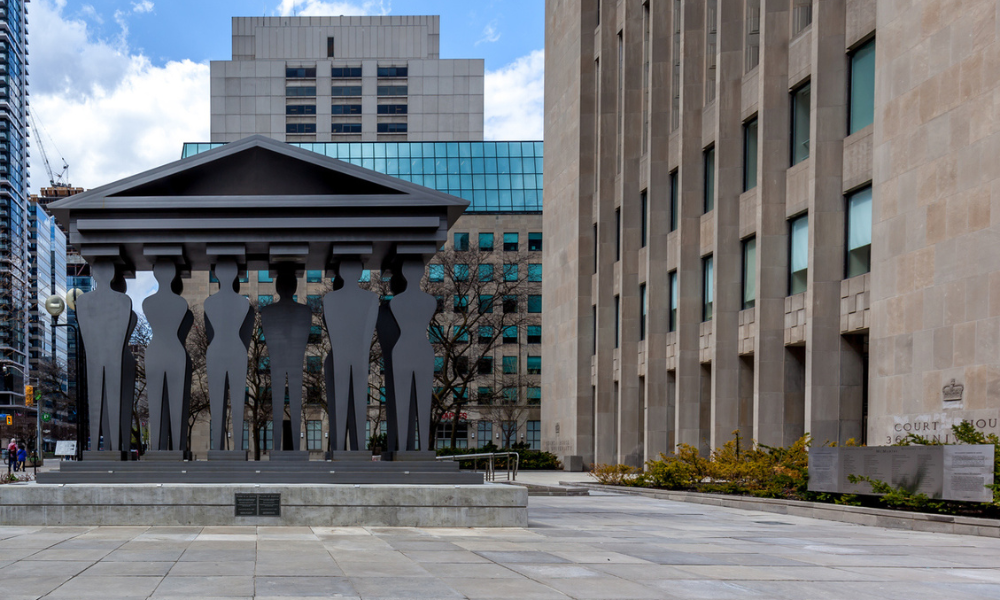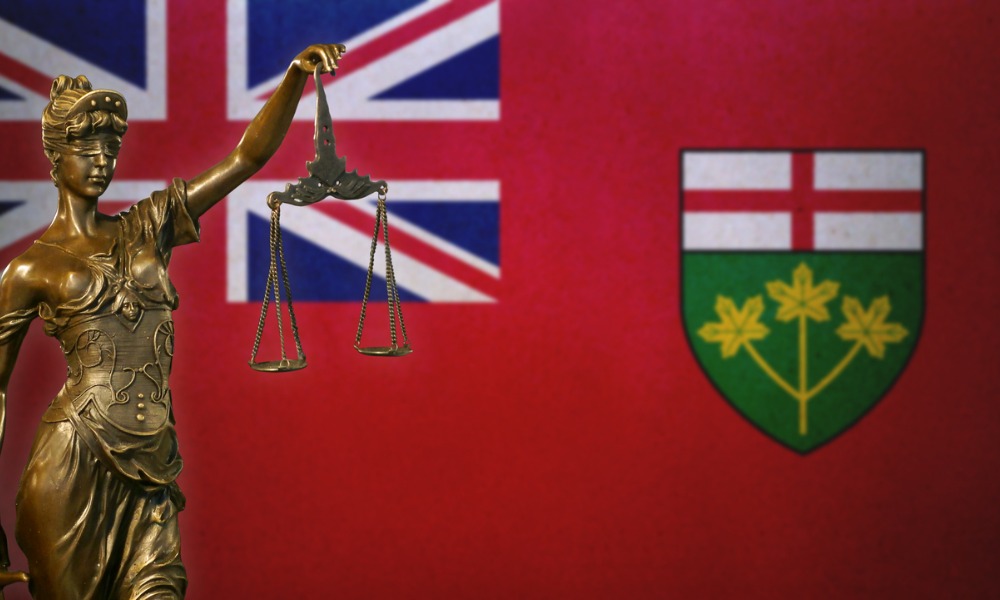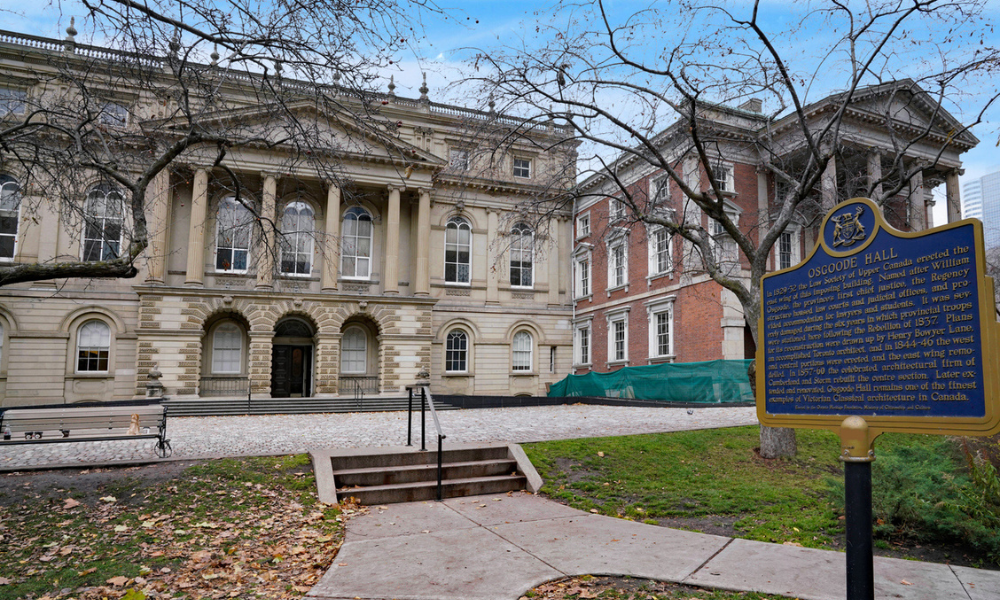The summonses were directed to the labour minister and director of the Office of the Worker Advisors

The Ontario Superior Court of Justice recently quashed two summonses to government officials who were non-parties in a case involving self-represented injured workers.
The workers are part of a proposed class action against entities managing workers' compensation regimes in Canada, advocating for a transition to a no-fault system. They asserted that the current schemes are unconstitutional.
The Attorney General of Ontario, representing non-parties Monte McNaughton, the former Ontario minister of labour, immigration, training and skills development, and Margaret Townsend, the director of the Office of the Worker Advisors (OWA), filed a motion to quash the summonses. The plaintiffs contested this motion.
The plaintiffs, led by Paul Taylor, had issued summonses to McNaughton and Townsend to bolster their case for mandating the OWA to provide free legal representation. This action forms a significant part of their broader legal challenge against Canada's workers' compensation systems.
The Superior Court’s decision focused on the applicability of rule 15 of the Rules of Civil Procedure, which requires legal representation for parties in a representative capacity in class actions. The core of the court's analysis was whether McNaughton and Townsend possessed relevant evidence for the rule 15 motion and whether their examination constituted an abuse of process.
The court concluded that the requested evidence from McNaughton and Townsend did not bear directly on the plaintiffs' challenge to rule 15. The court underscored that the determination of the OWA's obligation to provide legal representation would be based on the interpretation of its statutory mandate, particularly under the Workplace Safety and Insurance Act, 1997.
Additionally, the court found the plaintiffs had not convincingly shown that McNaughton and Townsend were likely to have evidence critical to the rule 15 motion. The judgment also noted Townsend's statutory immunity from being compelled to testify or produce documents under the Workplace Safety and Insurance Act.
The court also ruled that examining the non-parties constitutes an abuse of process because much of the non-privileged government documentation being sought is already available to the plaintiffs. Accordingly, the court quashed the summonses.









